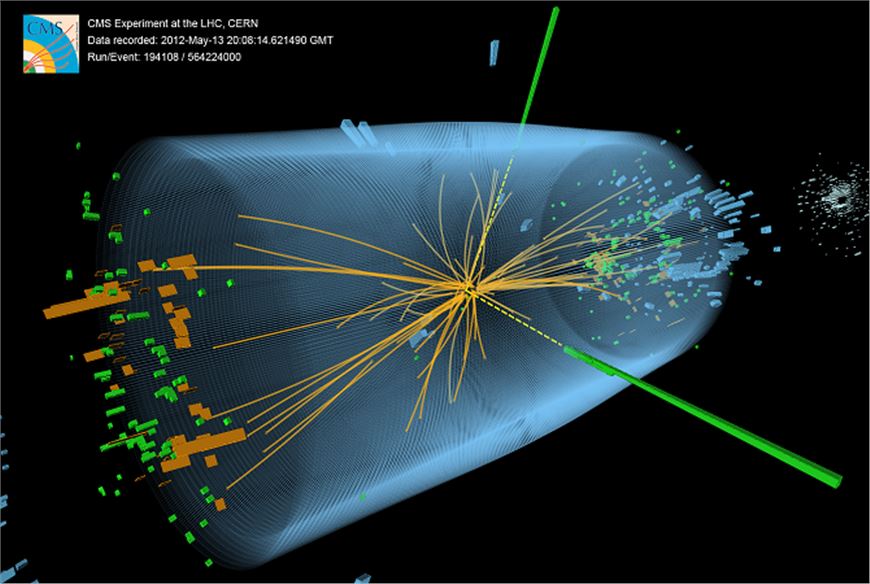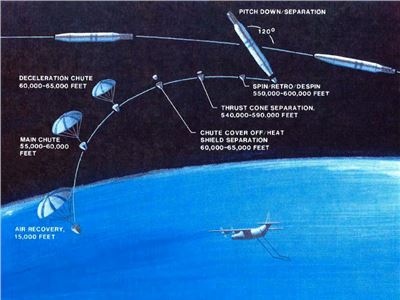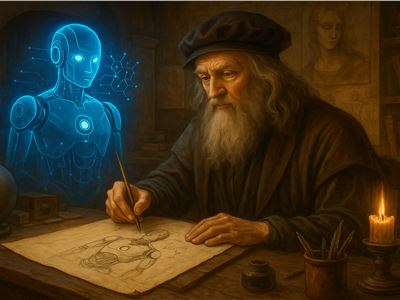In July 2012, a groundbreaking announcement from CERN's Large Hadron Collider (LHC) electrified the scientific community and captured the public's imagination. Physicists had finally discovered the elusive Higgs boson particle, a fundamental component in the framework of particle physics known as the Standard Model. Often referred to as the "God Particle," the Higgs boson was the missing piece that confirmed how particles acquire mass, thus providing profound insights into the fabric of the universe.
The concept of the Higgs boson was first proposed in 1964 by Peter Higgs, François Englert, and other collaborators independently. The idea emerged from attempts to solve the problem of how particles obtain mass, a question the Standard Model could not answer. The Higgs mechanism posits that an invisible field, known as the Higgs field, pervades the universe. Particles acquire mass through their interaction with this field: the more they interact, the heavier they become.
The search for the Higgs boson required immense experimental effort and technological innovation. The LHC, the world's largest and most powerful particle accelerator, located at CERN (the European Organization for Nuclear Research) near Geneva, Switzerland, was constructed partly to discover this particle. The LHC accelerates protons to nearly the speed of light and collides them, allowing scientists to observe the resulting high-energy interactions. On July 4, 2012, two independent experiments at the LHC, ATLAS and CMS, announced the discovery of a new particle consistent with the Higgs boson. This announcement was the culmination of decades of theoretical work, engineering, and data analysis, marking a monumental achievement in the field of physics.
The discovery of the Higgs boson was not just a fleeting observation but was confirmed through extensive analysis of the data collected from millions of collisions. In 2013, the Royal Swedish Academy of Sciences awarded the Nobel Prize in Physics to Peter Higgs and François Englert, recognizing their theoretical prediction of the mechanism that explains how particles acquire mass.
Implications for Physics
1. Completing the Standard Model
The discovery of the Higgs boson was the final piece of the Standard Model puzzle, a theory that describes the fundamental particles and forces (except for gravity) that constitute the universe. With the Higgs boson's confirmation, the Standard Model is a robust framework for understanding particle physics.
2. Beyond the Standard Model
While the Higgs boson's discovery validated the Standard Model, it also opened new avenues of inquiry. Physicists are now probing beyond the Standard Model to address unresolved questions, such as the nature of dark matter, the matter-antimatter asymmetry in the universe, and the integration of gravity with quantum mechanics.
3. Quantum Field Theory
The Higgs mechanism is a critical component of quantum field theory, a fundamental theoretical framework in modern physics. The existence of the Higgs boson provides empirical support for the concept of fields permeating space and influencing particle behavior.
The technological advancements made in pursuit of the Higgs boson have had significant collateral benefits. Developing the LHC and its detectors required innovations in superconducting magnets, data processing, and materials science, among other fields. These technologies have applications beyond particle physics, including in medicine (e.g., MRI scanners), computing, and industry.
Future Research Directions
1. Precision Measurements
Physicists are now focused on precisely measuring the Higgs boson's properties, such as its mass, spin, and interaction strengths with other particles. These measurements could reveal deviations from the Standard Model predictions, hinting at new physics.
2. High Luminosity LHC
The LHC is undergoing upgrades to become the High Luminosity LHC, which will increase the collision rate and enable more detailed studies of rare processes involving the Higgs boson. This could uncover new particles or interactions.
3. Beyond the LHC
Future projects like the International Linear Collider (ILC) or the Compact Linear Collider (CLIC) are being proposed to study the Higgs boson in even greater detail. These colliders would provide complementary information to the LHC, enhancing our understanding of the Higgs mechanism.
The discovery of the Higgs boson is a landmark achievement in the history of science. It confirms a vital component of the Standard Model and deepens our understanding of the universe's fundamental workings. This discovery highlights the power of human ingenuity and collaboration and sets the stage for future breakthroughs in physics and beyond. The Higgs boson stands as a testament to our relentless quest for knowledge and the boundless potential of scientific discovery as we continue to explore the mysteries of the cosmos.
- Tags:
- Categories: Science










































